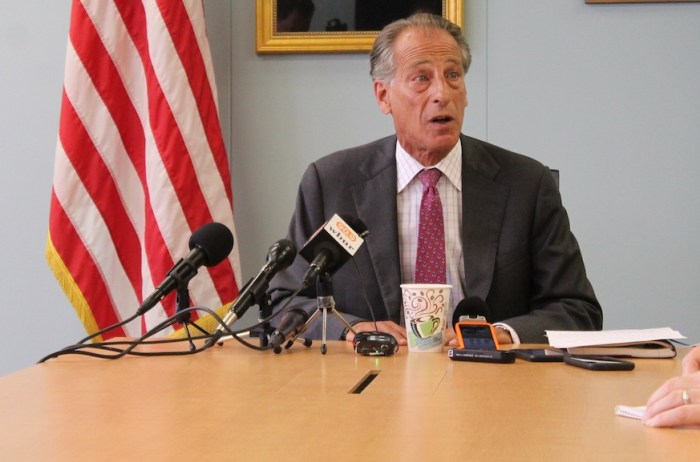As it works to build a new industry from the ground up, state marijuana regulators on Tuesday wrestled with how Massachusetts’ newly legal marijuana industry could be more accessible to racially and economically diverse communities and how the industry could benefit groups that were disproportionately affected by the enforcement of marijuana prohibition.
The Cannabis Control Commission adopted the frameworks for a priority review process for license applicants that demonstrate they have or will promote economic empowerment in disproportionately harmed communities and for a program that would provide business assistance to help people from such communities establish themselves in the industry.
The programs discussed Tuesday are intended to help spread the benefits of the regulated marijuana industry to people of varying socioeconomic statuses and to help give a leg up for people who were convicted for their involvement in the formerly illicit marijuana market.
A license applicant would be eligible for priority review if they meet two of the following criteria: that a majority of the entity’s ownership belongs to people who have lived in areas of disproportionate impact for five of last 10 years, that a majority of ownership has economic empowerment experience, at least 51 percent of current employees or sub-contractors reside in areas of disproportionate impact and that number will increase to 75 percent by the beginning of business, that at least 51 percent of employees have a prior drug-related conviction or that owners can demonstrate significant, articubable past experience of economic empowerment.
“If an applicant can show they meet the criteria the commission puts in place, the applicant will move ahead in line so hopefully they can open their doors sooner,” Commissioner Shaleen Title, who previously ran an industry recruiting firm focused on diversity and inclusion in hiring, said of the priority review proposal. “This is not a license designation … this is about speed through the process.”
State law requires the CCC to adopt in regulation “procedures and policies to promote and encourage full participation in the regulated marijuana industry by people from communities that have previously been disproportionately harmed by marijuana prohibition and enforcement and to positively impact those communities.”
The commission approved an equity program Tuesday that would provide eligible applicants and licensees with fee waivers and technical assistance with business management, recruitment and employee training, accounting and sales forecasting, tax prediction and compliance, legal compliance, business plan creation and operational development, and marijuana industry best practices.
An applicant or licensee would be eligible for the equity program if a majority of owners have resided in areas of disproportionate impact for five of the last 10 years, or have a prior conviction for a drug offense, or have a parent or spouse who has a prior conviction for a drug offense.
The CCC agreed to dedicate its Jan. 9 meeting to having a detailed discussion of how it will define “communities that have previously been disproportionately harmed by marijuana prohibition and enforcement” using arrest data and economic factors.
Title said her presentation Tuesday intentionally included no slides on the effects of marijuana prohibition on communities of color because “that discussion has been had, that point has been made and heard.”
“It is well-established by data that racial disparities in the enforcement of marijuana laws are ubiquitous in every state, that Massachusetts is no exception, that they persist in Massachusetts before and after decriminalization,” she said. “That debate has been settled.”
However the CCC structures its equity program, Title reminded her colleagues that the state’s marijuana law includes a provision that will require the CCC to report on the effectiveness of its program and address any shortcomings.
“The Legislature built in that the commission is basically going to be objectively graded on how we accomplish this, how we provide opportunities for participation in the legal industry,” she said. “So I think it’s important to keep in mind that we have to do it either way so we should do it right from the outset and really think through, if we create these programs, what the barriers are going to be and how marginalized groups will overcome those barriers.”
One issue the Cannabis Advisory Board’s subcommittee recommended to the CCC but which was not debated as a policy option Tuesday was no- or low-interest loans provided by the CCC. Title and Shawn Collins, the CCC’s executive director, suggested that the commission request that the Legislature give the commission authority to offer such loans.
“From an administrative standpoint, at least as currently situated, I don’t know that it would be possible for the commission to essentially issue lines of credit to licensees or to applicants and then manage a loan program without explicit statutory authority,” Collins said. “It could be something that is worthy of discussion for the legislative evolution and potentially something that we could recommend and work with the Legislature to make sure that authority is explicit.”
The CCC is expected to resume policy deliberations Wednesday morning as it works to develop draft regulations for the industry before the end of the month.



















